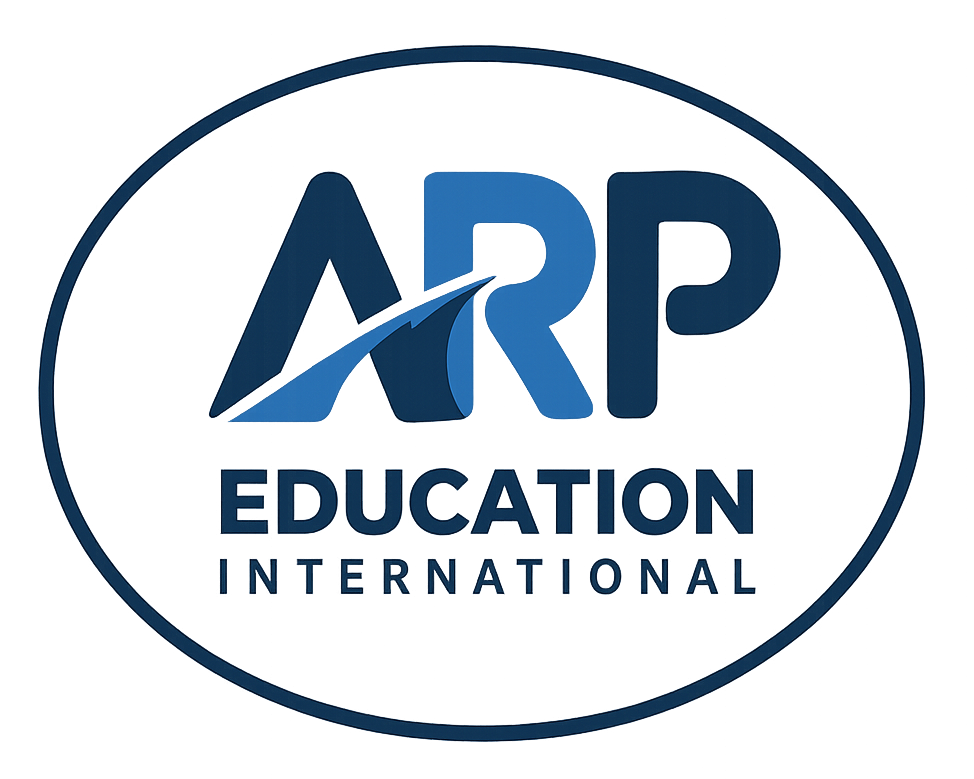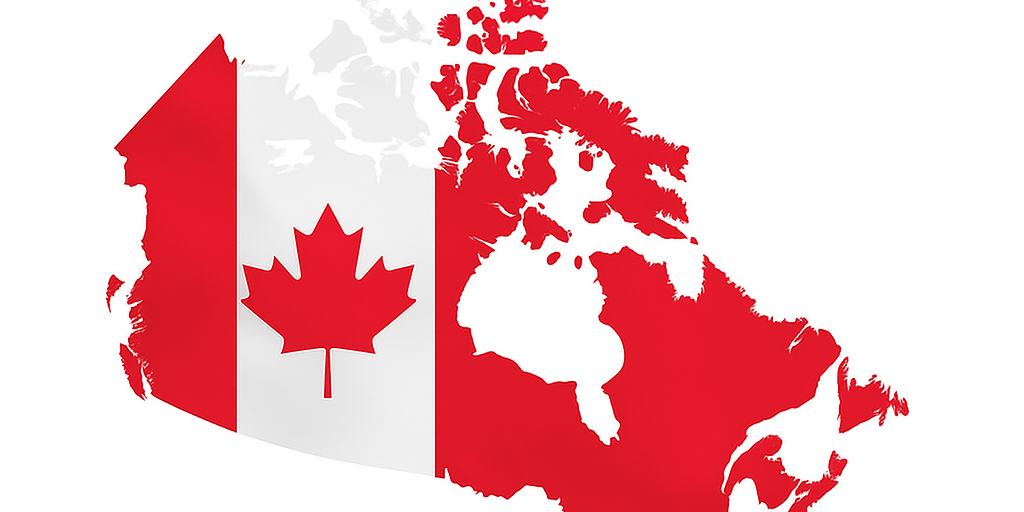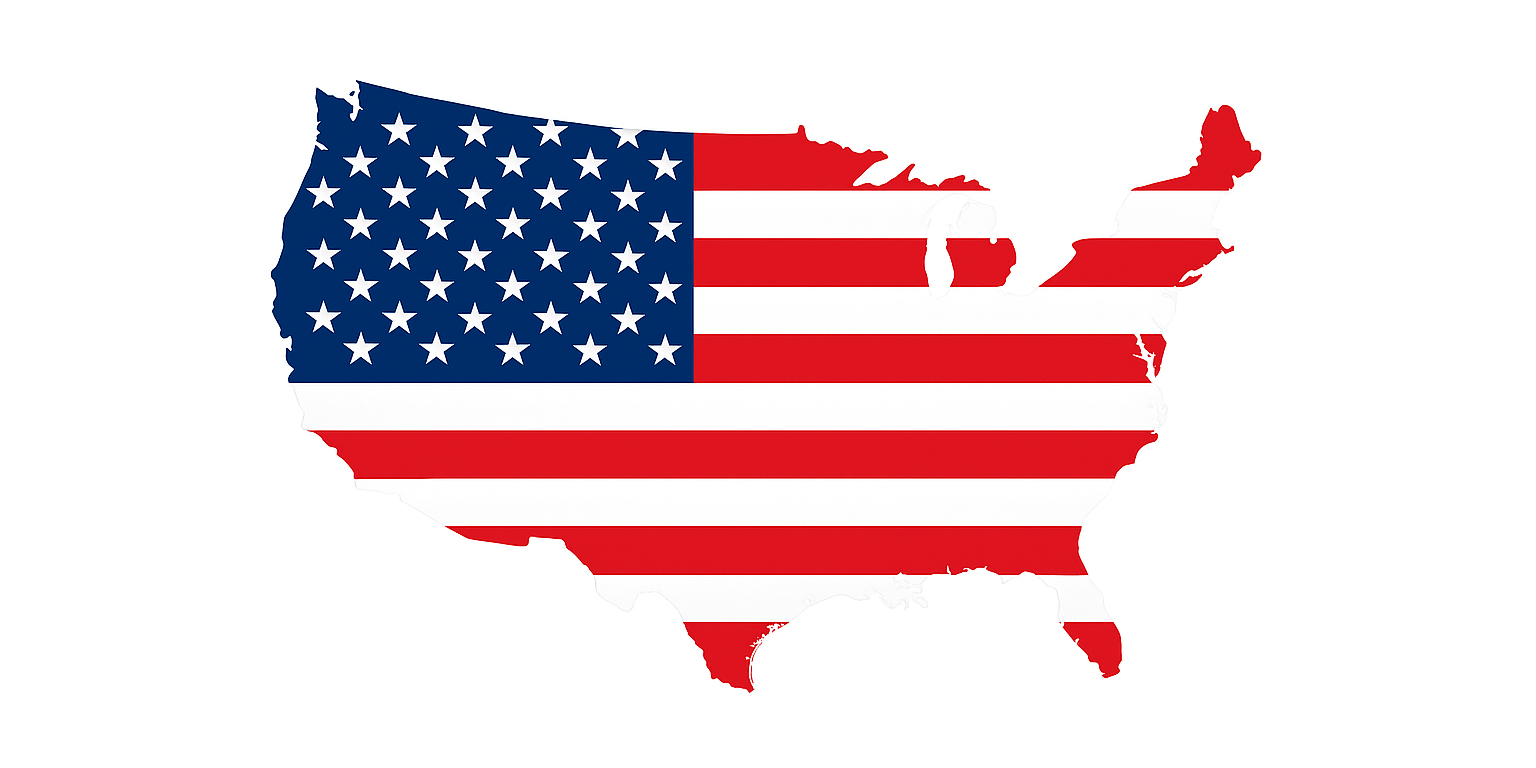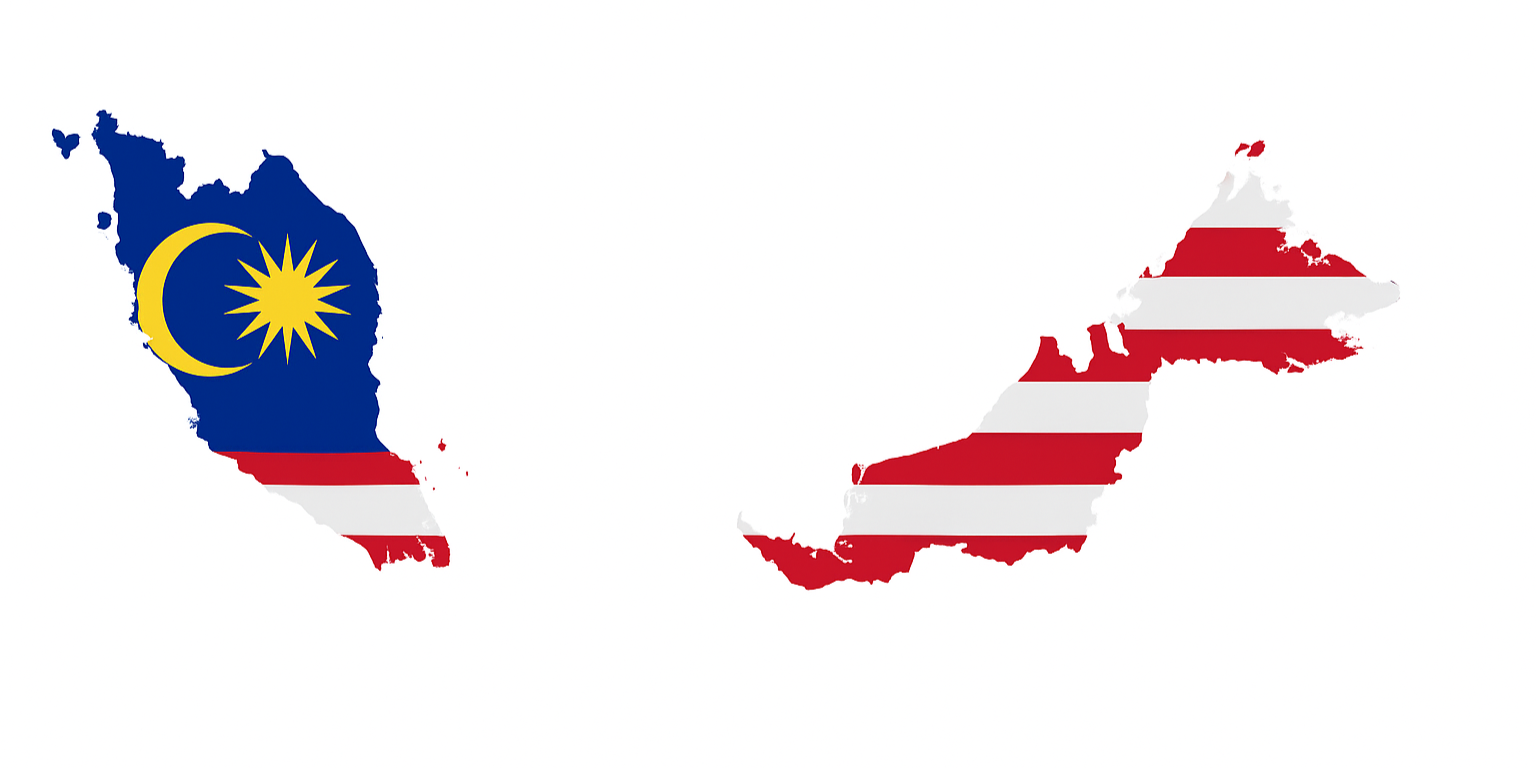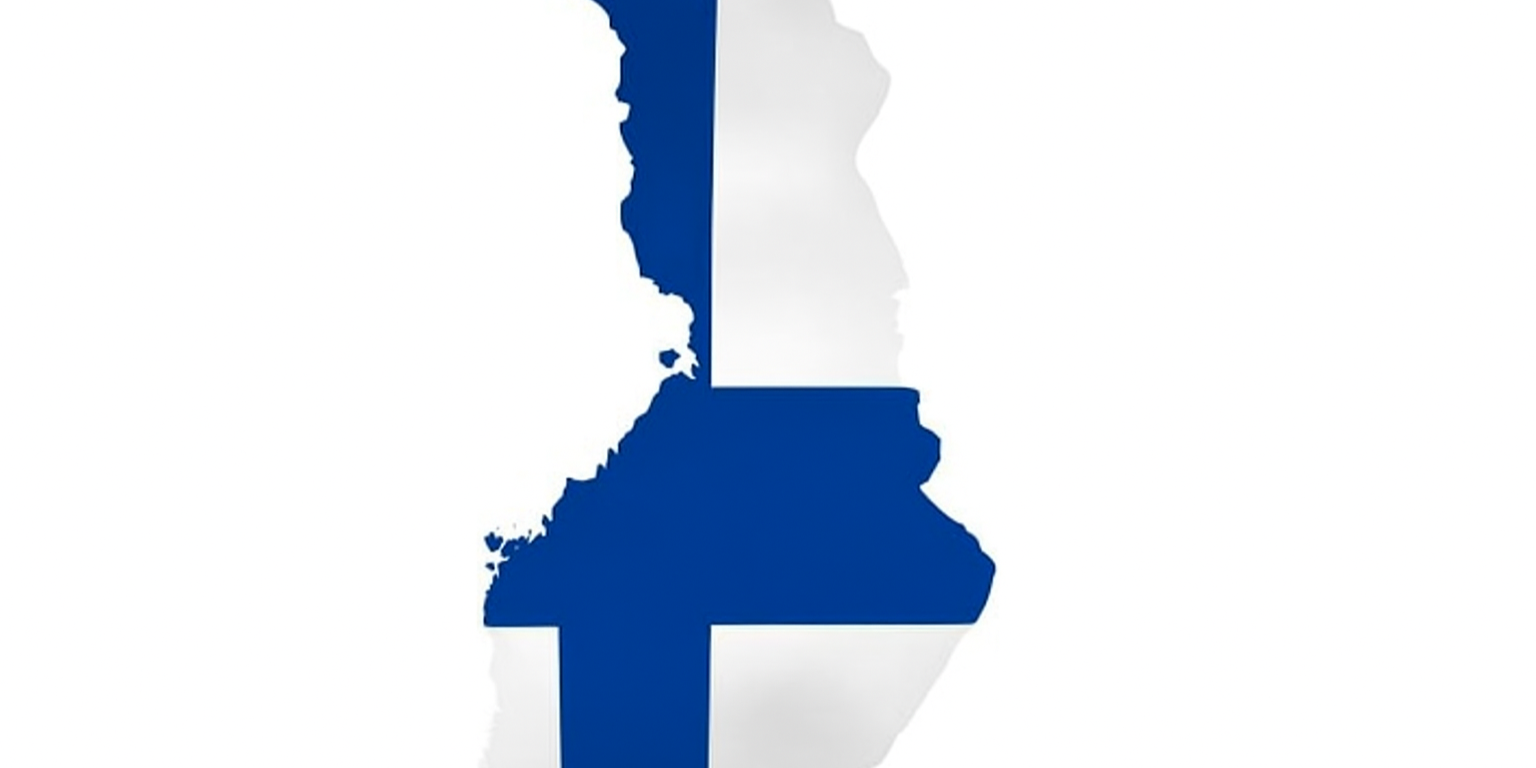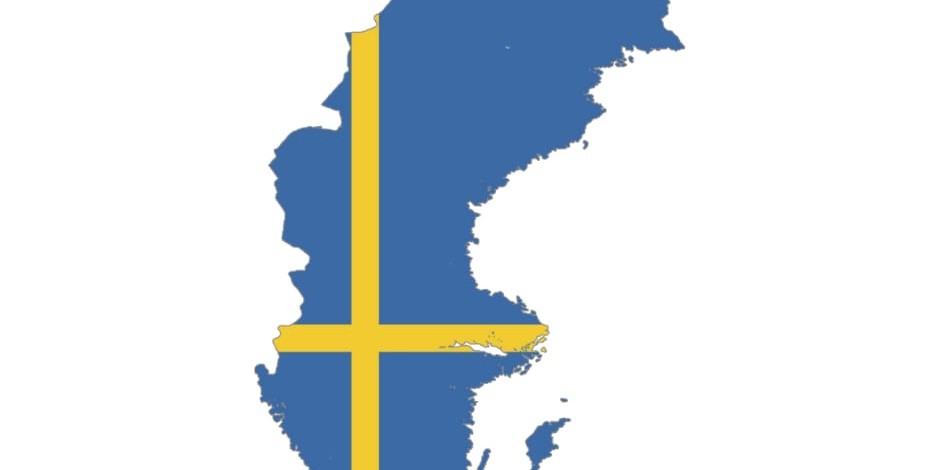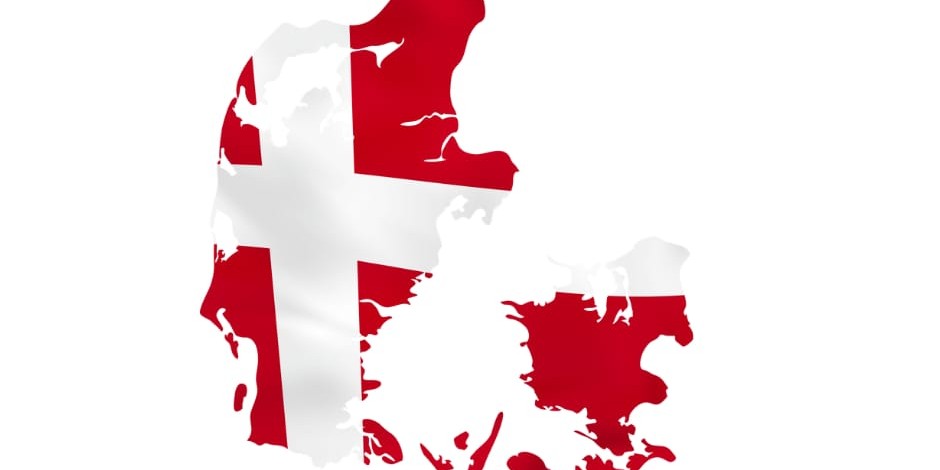Why Study in Canada?
Canada is one of the most sought-after destinations for international students—and for good reason! Known for its breathtaking natural beauty, vibrant multicultural cities, and friendly communities, Canada offers an unparalleled experience for students from around the globe.
- World-Class Education: Canadian universities and colleges are renowned for their high academic standards and innovative programs.
- Affordable Tuition: Get access to top-tier education without breaking the bank.
- Work Opportunities: Take advantage of work-while-studying options and generous post-graduation work permits.
- High Quality of Life: Canada consistently ranks among the best countries for quality of life, offering a safe, welcoming, and inclusive environment.
- Pathway to Immigration: With pro-immigration policies, studying in Canada could be your first step toward permanent residency.
Canada isn’t just a place to study—it’s a place to thrive. Discover all that this incredible country has to offer and start your Canadian adventure today!
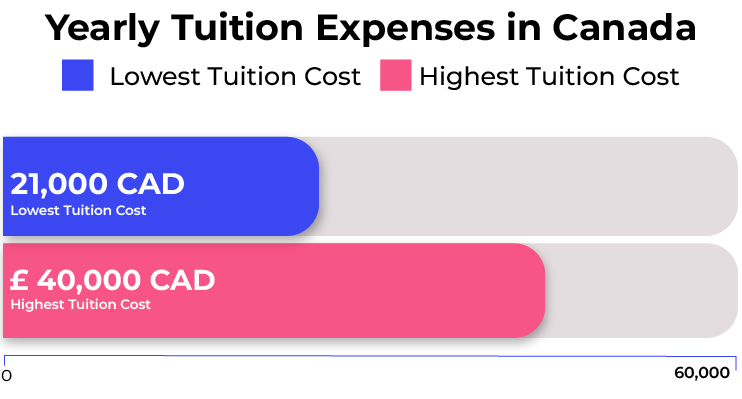
Work While Studying in Canada
20 Hrs
per week
As an international student in Canada, you are allowed to work off-campus for up to 20 hours per week during regular school semesters. This opportunity enables you to gain valuable work experience, manage your expenses, and immerse yourself in Canadian culture—all while pursuing your education.
Work Permit After Graduation
8
months
-
3
years
International students can stay, live, and work in Canada after graduation through the Post-Graduation Work Permit (PGWP) program. Depending on the length of your study program, you may be eligible for a work permit lasting between 8 months to 3 years, allowing you to gain professional experience in the Great White North and explore opportunities for permanent residency.

How to Get a Canadian Student Visa
Securing a Canadian student visa is an essential step for studying in Canada. Here’s how the process works:
You must first apply to and be accepted by a Canadian college or university that is a Designated Learning Institution (DLI). Once you receive your offer of admission, you’re ready for the next step.
After accepting your offer, you’ll need to pay the required tuition deposit to confirm your place at the institution.
With your acceptance letter and proof of tuition payment, you can apply for your Canadian study permit, often referred to as a student visa.
Once your study permit is approved, you will automatically receive an electronic Travel Authorization (eTA), allowing you to enter Canada.
Avg Visa Cost
$235 CAD

Why Canada is a Top Choice for Bangladeshi Students
Canada is home to nearly half a million international students and is renowned for offering high-quality education at affordable tuition fees. Its globally recognized degrees, excellent quality of life, post-study work opportunities, and pathways to immigration make it a favored destination for Bangladeshi students.
Canada’s appeal lies in its student-centric environment, affordability, and global recognition:
1. Student-Friendly Cities
Canada features three cities among the top 50 in the QS Best Student Cities 2024, providing a welcoming and supportive atmosphere for students.
2. Post-Study Work Opportunities
International graduates can avail of up to 3 years of post-study work rights, offering a seamless transition into the Canadian job market.
3. Globally Ranked Universities
According to the QS World University Rankings 2025, Canada boasts three universities in the top 50 and 31 institutions in the global rankings, ensuring academic excellence and affordability.
4. Multicultural Environment
Studying in Canada offers a rich cultural experience with students from diverse backgrounds, fostering a global perspective and lifelong friendships.
Canadian universities offer a variety of programs tailored to meet diverse academic and career goals:
| Qualification | Duration |
|---|---|
| Certificates and Diploma | 1-2 years |
| Associate Degree | 2 years |
| Bachelor’s Degree | 4 years |
| Postgraduate Diploma | 1-2 years |
| Master’s Degree | 2 years |
- Tuition Fees: CAD 15,000 to 30,000 per year
- Living Expenses: CAD 10,000 to 15,000 annually (housing, food, transportation, and other costs)
Canadian colleges and universities offer three main intakes, often referred to as semesters:
| Intake | Start Period |
|---|---|
| Winter Intake | January/February |
| Fall Intake | August/September |
| Summer Intake | April/May |
Application Deadlines
Start your application process 8-9 months in advance to meet deadlines and secure admission.
Canada’s universities offer an extensive range of courses. Some of the most popular programs among international students include:
- Accounting
- Engineering
- Business
- Biotechnology
- Computer and IT
- Data Science
- Marketing, Media, and Communication
- Health Science
Here are the leading Canadian universities as per the QS World University Rankings 2024:
| Rank | Institution | Global Ranking |
|---|---|---|
| 1 | University of Toronto | 21 |
| 2 | McGill University | 30 |
| 3 | University of British Columbia | 34 |
| 4 | University of Montreal | 141 |
| 5 | University of Alberta | 111 |
| 6 | McMaster University | 189 |
| 7 | University of Waterloo | 112 |
| 8 | Western University | 114 |
| 9 | University of Ottawa | 203 |
| 10 | University of Calgary | 182 |
Ensure you have the following documents ready to apply for a Canadian Student Visa:
- Unconditional Letter of Acceptance
- Academic Transcripts
- Work Experience Certificates (if applicable)
- Evidence of Financial Support (bank statements showing a six-month financial history)
- English Language Proficiency Test Scores (IELTS, TOEFL, etc.)
- Medical Examination Report
1. How can I apply for a study permit in Canada?
To apply for a study permit, you’ll need an acceptance letter from a Designated Learning Institution (DLI), proof of financial support, and a clean criminal record. Applications can be submitted online or through a Visa Application Center (VAC).
2. What are the language proficiency requirements?
Most Canadian institutions require English or French proficiency, demonstrated through tests like IELTS or TOEFL.
3. Can I work while studying in Canada?
Yes, international students can work part-time (20 hours/week) during terms and full-time during breaks. The Post-Graduation Work Permit Program (PGWPP) also allows eligible graduates to work in Canada post-study.
4. Are scholarships available for international students?
Yes, Canada offers various scholarships provided by the government, provinces, universities, and other organizations.
5. How long does it take to process a study permit?
Processing times vary by country and season, ranging from a few weeks to several months. Apply well in advance.
6. What is the academic calendar in Canadian universities?
The academic year typically begins with the fall intake in September, followed by the winter intake in January, and some programs offer a summer intake in April/May.
Study in Canada & Turn Your Dreams into Reality
Ready to begin your study abroad adventure? We know it can feel overwhelming, but you’re not alone! Join over 5,000+ students who have trusted our experts to make their dreams a reality. Let us guide you every step of the way.

What Our Students Say About Us
See The Testimonials

Test Prep Success

Study Abroad Success




